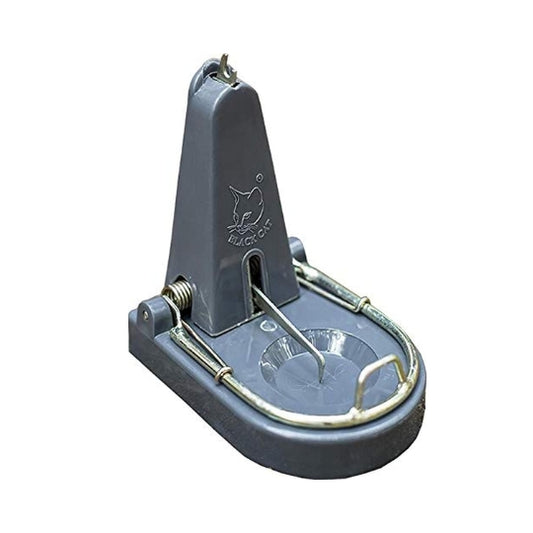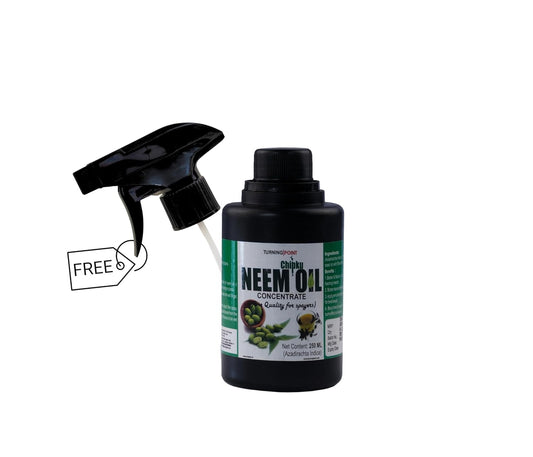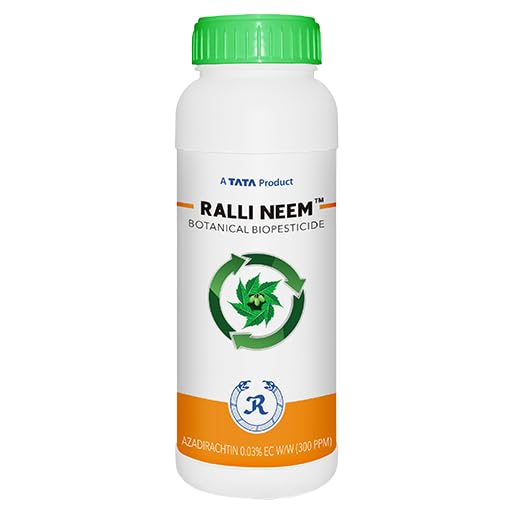
Is sulphur important for Soybean crop?
Share
The Indian fertilizer market is flooded with sulphur-containing fertilizers. Prices are high and the number of fraudulent products is rising every day. In this context, farmers must be critical while spending on fertilizers.
This article discusses the importance of sulphur for crops and provides answers to questions such as why, which, when, where, how, and how much. Read on to make an informed decision about sulphur fertilization.
Sulfur is an essential nutrient for soybean plants. It is a component of two amino acids, methionine and cysteine, which are needed to make proteins and enzymes. Sulfur is also involved in the production of chlorophyll, which is essential for photosynthesis.
Sulfur deficiency can cause a number of problems in soybean plants, including:
- Reduced growth and yield
- Yellowing of leaves
- Stunted pod development
- Poor quality beans
In order to achieve optimum yields and quality, soybean plants need to be adequately supplied with sulfur. Sulfur fertilizer can be applied to the soil before planting, or it can be applied through drip during the growing season.
The amount of sulfur needed by soybean plants will vary depending on the soil type, the variety of soybean being grown, and the expected yield. However, a general rule of thumb is to apply 2-4 Kg of sulfur per acre per year.
Sulfur fertilization is an important part of a comprehensive soybean production program. By providing adequate sulfur, growers can help to ensure that their soybean plants are healthy and productive.
Here are some of the specific ways in which sulfur can improve the qualitative and quantitative yield of soybean crops:
- Increased yield: Sulfur deficiency can lead to reduced growth and yield in soybean plants. Studies have shown that applying sulfur fertilizer can increase soybean yields by up to 20%.
- Improved protein content: Sulfur is essential for the production of high-protein soybean beans. Deficiency can lead to lower protein content in the beans, which can reduce their value.
- Increased resistance to pests and diseases: Sulfur can help to increase the resistance of soybean plants to pests and diseases. For example, sulfur has been shown to reduce the incidence of soybean cyst nematode and soybean rust diseases.
Overall, sulfur is an essential nutrient for soybean plants and plays a vital role in improving the qualitative and quantitative yield of soybean crops.
Frequently asked questions and their answers:
Why is Sulfur Important for Soybeans?
Sulfur is an essential nutrient for plant growth. It is a component of proteins, vitamins, and enzymes. Sulfur also helps to improve the quality of soybeans by increasing their protein content and oil content.
Which Sulfur Fertilizers Should I Use?
There are many different types of sulfur fertilizers available on the market. The best type of fertilizer for you will depend on your crop, your soil type, and your budget.
When Should I Apply Sulphur Fertilizer?
Sulfur fertilizer can be applied to the soil before planting or during the growing season. It is best to apply sulfur fertilizer before planting if you are growing a crop that is sensitive to sulfur deficiency.
Where Should I Apply Sulphur Fertilizer?
Sulfur fertilizer can be applied to the entire field or to specific areas of the field that are deficient in sulfur. If you are applying sulfur fertilizer to the entire field, it is important to spread it evenly.
How Should I Apply Sulphur Fertilizer?
Sulfur fertilizer can be applied by broadcasting, band application, or foliar application. Broadcasting is the most common method of application. Band application is a more precise method of application that is used to target areas of the field that are deficient in sulfur. Foliar application is a method of applying fertilizer to the leaves of plants.
How Much Sulphur Fertilizer Should I Use?
The amount of sulfur fertilizer you need to use will depend on your crop, your soil type, and your budget. It is important to follow the directions on the fertilizer label.
Conclusion
Sulfur is an essential nutrient for plant growth. By following the tips in this article, you can choose the right sulfur fertilizer for your soybeans and apply it correctly. This will help to ensure that your soybeans get the sulfur they need to grow healthy and productive.
Here are some additional tips for applying sulfur fertilizer:
- Test your soil to determine the sulfur levels before applying fertilizer.
- Apply sulfur fertilizer in the fall or early spring, when the soil is cool and moist.
- Do not apply sulfur fertilizer to dry soil.
- Do not apply sulfur fertilizer to plants that are under stress.
- Be sure to follow the directions on the fertilizer label.










